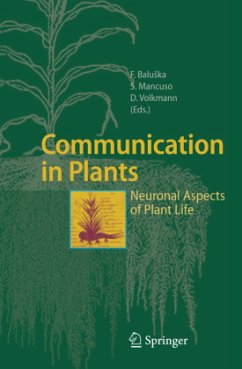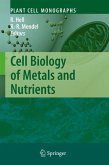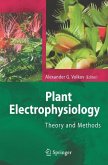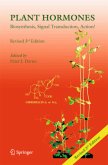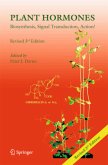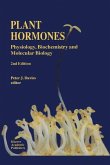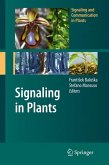Plant neurobiology is a newly emerging field of plant sciences. It covers signalling and communication at all levels of biological organization - from molecules up to ecological communities. In this book, plants are presented as intelligent and social organisms with complex forms of communication and information processing.
Authors from diverse backgrounds such as molecular and cellular biology, electrophysiology, as well as ecology treat the most important aspects of plant communication, including the plant immune system, abilities of plants to recognize self, signal transduction, receptors, plant neurotransmitters and plant neurophysiology. Further, plants are able to recognize the identity of herbivores and organize the defence responses accordingly. The similarities in animal and plant neuronal/immune systems are discussed too. All these hidden aspects of plant life and behaviour will stimulate further intense investigations in order to understand the communicative plants in their whole complexity.
Authors from diverse backgrounds such as molecular and cellular biology, electrophysiology, as well as ecology treat the most important aspects of plant communication, including the plant immune system, abilities of plants to recognize self, signal transduction, receptors, plant neurotransmitters and plant neurophysiology. Further, plants are able to recognize the identity of herbivores and organize the defence responses accordingly. The similarities in animal and plant neuronal/immune systems are discussed too. All these hidden aspects of plant life and behaviour will stimulate further intense investigations in order to understand the communicative plants in their whole complexity.
From the reviews: "As we enter the new millennium, plant biology is witnessing dramatic advancement in studies related to complex behaviour of higher plants which are now beginning to reveal intelligent behaviour. ... The various, interesting aspects ... were the subject of the 28 papers presented at the first Symposium on Plant Neurobiology held 17-20 May 2005 in Florence ... . The papers include schemes, illustrations, and tables and, finally, an ample list of references to aid further in-depth study of the treated topics." (Advances in Horticultural Science, Vol. 20 (3), 2006) "This book offers an interesting perspective and a unique way to integrate knowledge in plant signal transduction and sensory biology. I recommend it for advanced graduate students and faculty, and find it worthy of purchase by university libraries." (John Z. Kiss, The Quarterly Review of Biology, Vol. 83 (2), June, 2008)

